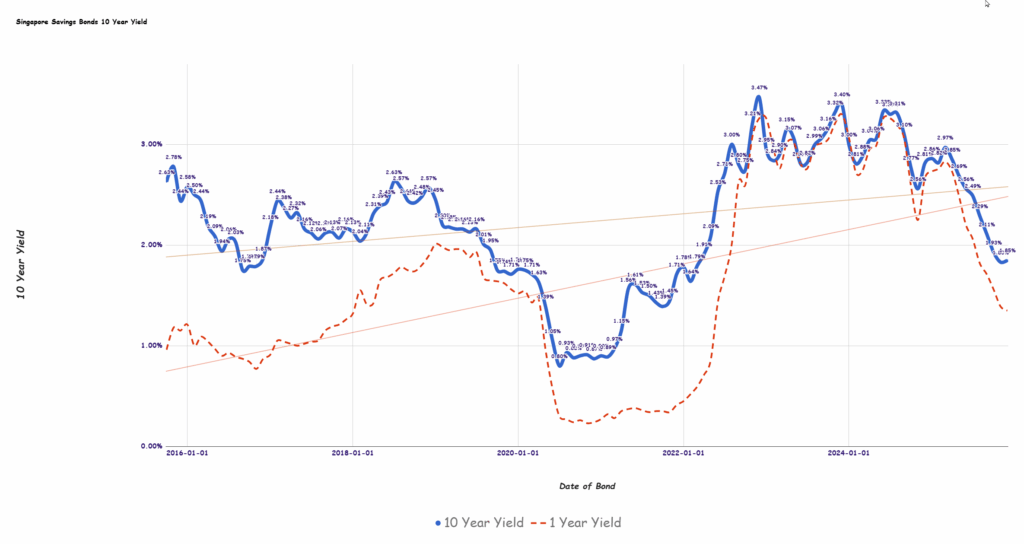Exxon’s Bold Move: Auto Voting Unleashed to Silence Activist Investors—What It Means for Your Stake!
Ever notice how proxy season is like the corporate world’s version of a neighborhood block party—everyone’s invited, but most folks just show up for the free snacks and never really speak up? For the everyday investor, it’s that rare moment to holler at the C-suite about where the company’s headed. But here’s the kicker: a massive chunk of these mom-and-pop shareholders hold the power but don’t even bother to flip the voting switch. Enter Exxon Mobil, the energy behemoth that’s now scheming to rally these silent majority shareholders to lock arms—and votes—behind management’s game plan. This move isn’t just a power play; it’s a strategic pivot that could rewrite the playbook on how companies fend off activist investors hell-bent on shaking things up. After the Engine No. 1 episode that rattled Exxon’s leadership, the stakes are sky-high. So, what’s Exxon cooking up with the SEC’s latest nod? A bold, automated voting program that might soon be the corporate world’s hottest new trend. Let’s dive into what this means for retail investors, activist campaigns, and the balance of power in today’s corporate jungle. LEARN MORE

For retail investors, proxy season offers an opportunity to let the C-suite know how they feel about the direction of a company. Mom and pop probably aren’t getting a private audience with the CEO or the board of directors any time soon, but they can weigh in on shareholder proposals every year.
And what becomes of the one lever of power for the little guy in corporate America? Many never bother to cast a single vote. Oil giant Exxon Mobil is hoping to enlist these nonvoting shareholders to help fend off a group of stock owners who regularly exercise their voting rights during proxy season: activist investors.
The Securities and Exchange Commission this month signed off on a request from Exxon to solicit individual investors to cast their votes automatically in line with the company’s position on shareholder proposals. According to Exxon, this group of investors own about 40% of its total shares of stock, yet only a quarter of them vote on shareholder proposals during proxy season. Securing even a portion of those uncast votes from currently inactive shareholders would give Exxon a notable advantage against activist investors seeking influence over one of the 20 largest companies in the world.
The subject of activist campaigns is presumably a delicate one around Exxon headquarters. In 2021, the tiny activist hedge fund Engine No. 1 stunned the business world by capturing three seats on the Texas-based company’s board of directors. Major institutional shareholders such as investment firm BlackRock backed Engine No. 1’s proposal, to the chagrin of Exxon’s C-suite.
Exxon has taken steps to limit activist investor influence since the Engine No. 1 upset. Last year’s gambit by the company sidestepped the SEC and its process of issuing no-action letters for shareholder proposals altogether to prevent putting proposals involving ESG issues up for a proxy vote. Instead, Exxon sued investors Arjuna Capital of Massachusetts and Follow This of Amsterdam, arguing in its complaint that the proposals represented “an extreme agenda” that was “calculated to diminish the company’s existing business.”
But now Exxon has returned to working through SEC channels to gain the upper hand on activist investors, and it might have started a trend. The SEC has had so-called advance voting instructions on its radar for about 15 years, and attorneys from law firm Skadden say staff members at the agency informed them that other companies could avail themselves of a program for retail investors like the one Exxon will be using. In an analysis of the SEC’s decision to approve Exxon’s program, law firm Wilkie Farr & Gallagher noted potential imitators should review state laws before moving forward with a program of their own.
With that in mind, Exxon’s latest move could ultimately strengthen management’s control significantly. Chastened by the Engine No. 1 incident, Exxon’s corporate management appears intent on leaving nothing to chance by taking a proactive approach to activist investors, as differences in corporate governance priorities and shareholder engagement strategies persist. Don’t be surprised if its corporate peers soon follow suit.


















Post Comment